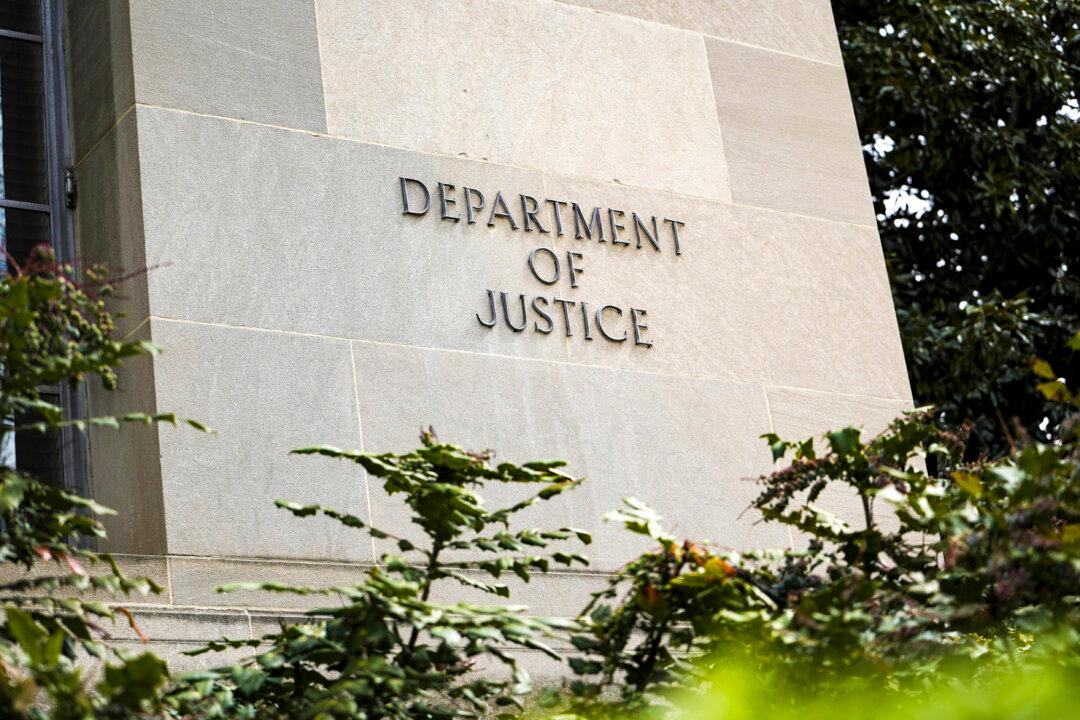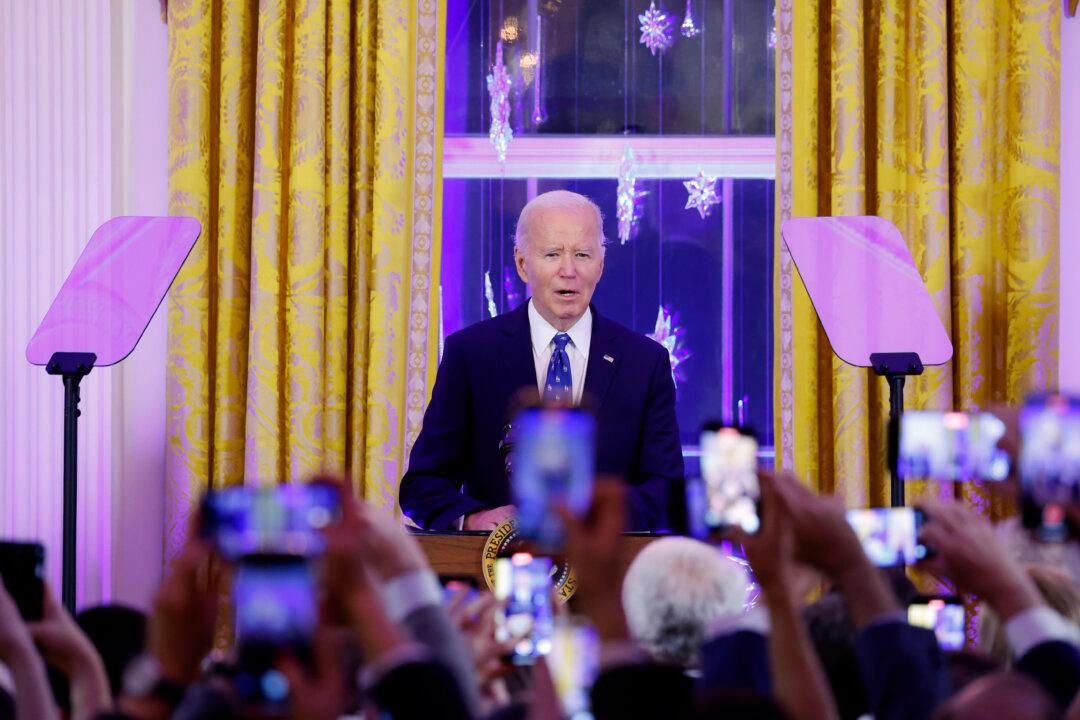Hong Kong’s Chief Executive Carrie Lam said Monday that the government will lift its anti-COVID-19 flight ban on nine countries and shorten the 14 day quarantine period to 7 beginning April 1, after earlier stating that the current measures would be in place until April 20.
The nine countries include Australia, Canada, France, India, Nepal, Pakistan, the Philippines, the United Kingdom, and the United States, local newspaper Hong Kong Free Press (HKFP)
reported.
Lam told a press briefing that the flight ban is no longer necessary as the pandemic situation in these countries was “no worse than Hong Kong.” The country reported 14,149 new coronavirus cases on Sunday.
Residents of the nine countries will be permitted to board flights to Hong Kong only if they are fully vaccinated and have a negative nucleic acid test. They will need to undergo a daily rapid antigen test at the hotel they are staying at, and will be allowed to leave on the seventh day as long as they test negative.
Lam said that the plan to conduct mass coronavirus testing in Hong Kong will be put on hold, reversing the government’s previous announcement on Feb. 22 that it would roll out compulsory mass testing for all residents in mid-March.
Schools will resume in-person classes and public venues will reopen beginning April 19. While vaccinations will not be compulsory for students to enter schools, Lam believes that a high vaccination rate among students will result in “better terms” for educational activities.
[HKFP]The announcement came days after Lam
pledged to review the country’s pandemic measures, considering that many residents were “losing patience” with the city’s coronavirus policies, which are aligned with China’s “zero-Covid” strategy, to contain the outbreak.
The pandemic measures, together with the government’s frequent mixed messages on whether a nationwide lockdown and mass testing would occur, have caused an exodus of citizens in the last two months.
[Reuters]Net outflows show that more than 54,000 people left Hong Kong so far in March, over 71,000 in February, and nearly 17,000 in December before the fifth wave of the pandemic hit, prompting concerns over the country’s longer-term competitiveness.
[Reuters]During a
news conference on Sunday, Lam said that while Hong Kong has seen various stages of “brain drain,” the country has also been attracting talent through its fourteenth national five-year plan.
“Inevitably, some people will take a shorter-term view that they are worried they could not travel, they are not happy their kids could not go to school, and so on, she remarked.
Reuters contributed to this report.





